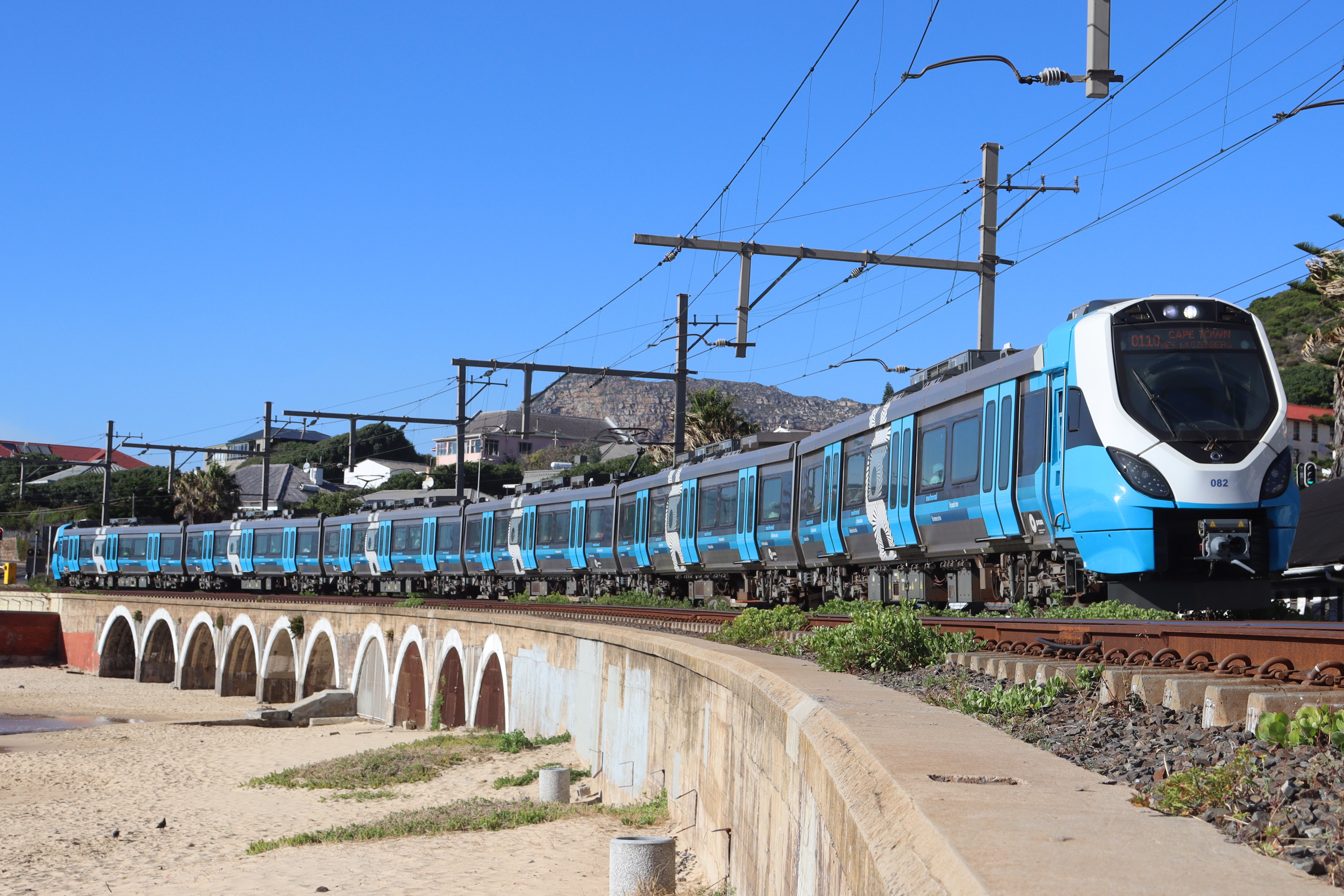
Railways have long been recognized as vital arteries for economic development, facilitating the efficient movement of goods and people. In Africa, the interest in railway infrastructure has surged in recent years, with countries across the continent recognizing the transformative potential of modern rail networks.
In an earlier report, we noted that rail networks on the continent date back to pre-colonial times in Africa. They were primarily built to transport goods such as minerals, timber, and agricultural products to ports for shipment to Europe, rather than to serve passengers.
After gaining independence in the mid-20th century, many African countries took control of their railway systems and invested in improving transport connections within and across borders.
Despite these efforts, African railways faced significant challenges, including underinvestment, mismanagement, and maintenance issues. The rise of road transportation and neglect of rail infrastructure led to a decline in the importance of railways in many areas.
While some countries have advanced railway systems, others are making concerted efforts to develop their networks.
Today, rail coverage varies across the continent. According to a report by Global Fire Power, South Sudan has the least extensive network, with 248km of railways, ranking 122nd globally. Eritrea follows with 306km, ranking 119th, and Liberia with 429km, ranking 114th.
Below are the top 10 African countries with the shortest railway lines:
| Rank | Country | Rail coverage | Global rank |
|---|---|---|---|
|
1 |
South Sudan |
248km |
122th |
|
2 |
Eritrea |
306km |
119th |
|
3 |
Liberia |
429km |
114th |
|
4 |
Benin |
438km |
112nd |
|
5 |
Republic of Congo |
510km |
108th |
|
6 |
Mali |
593km |
107th |
|
7 |
Burkina Faso |
622km |
106th |
|
8 |
Gabon |
649km |
104th |
|
9 |
Ethiopia |
659km |
103rd |
|
10 |
Ivory Coast |
660km |
102nd |









